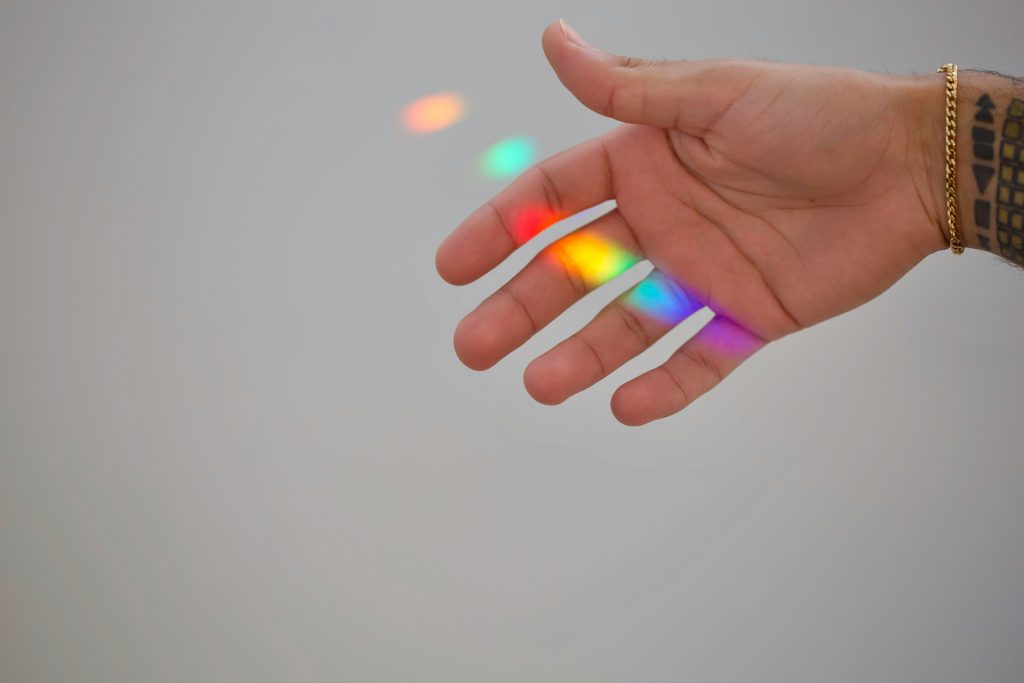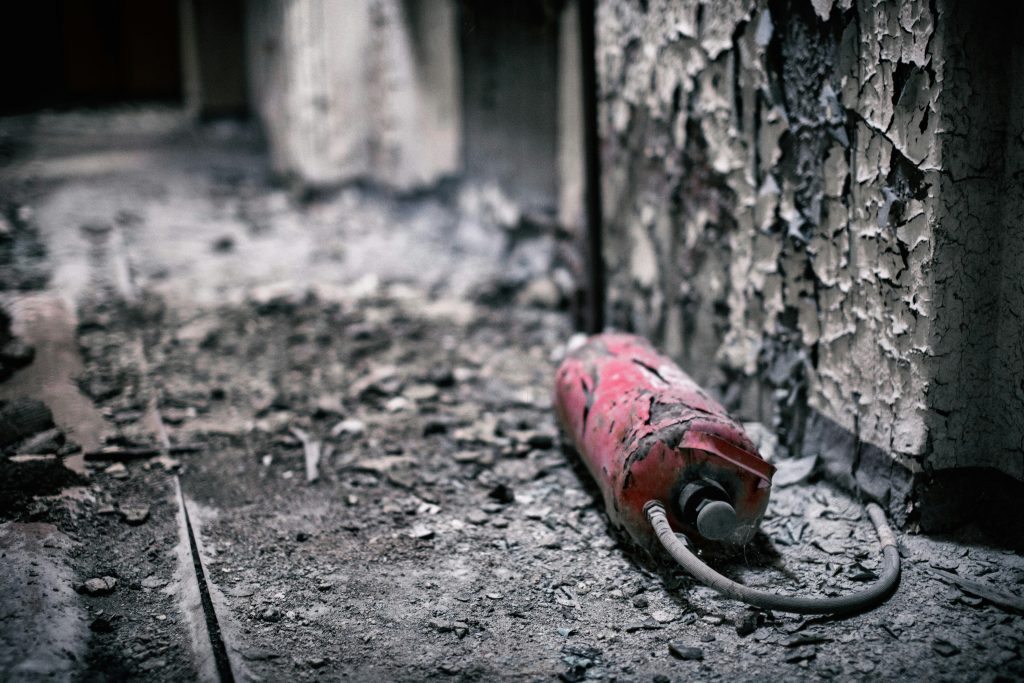
Serein Inclusion Team
3 min read
What we see online often plays a key role in breaking the mould of stereotypes. TV Shows have pushed forth in this domain, be it through the Chess masterpiece in the Queen’s Gambit or the Urdu dramedy in Chudails.
Trust is about confidence in others; psychological safety is about confidence in being yourself. Together, they shape open, resilient teams where people thrive.
Psychological safety is key for an essential workplace. According to Timothy R Clark's work, it is of four types: Inclusion, Learner, Contributer and Challenger safety.
- All
- People and culture
- Domestic violence
- Life at Serein
My fear stemmed from ignorance. Facing the unknown taught me empathy's power & the vital importance of seeking understanding over judgment. Growth starts here.
Diversity isn't solely gender. It's a vast spectrum: race, ability, neurodiversity, age, faith, sexual orientation, socioeconomic background & lived experience.
Women's workplace growth often involves navigating expectations with grace ("smiling") while pushing boundaries. Recognition & support fuel true advancement, not just pleasantries.
Women in Indian corporate face a triple barrier: unequal pay, denial of key opportunities, & entrenched stereotypes limiting perceived leadership potential. Systemic change needed.
LGBTQIA+ individuals globally endure prejudice, hatred & discrimination – denying safety, dignity & equal rights. Acceptance & legal protection are fundamental, not optional.
Can we dismantle the "default parent" expectation? Sharing caregiving equitably challenges rigid gender roles, benefiting families, careers & true equality at home & work.
Investing with a gender focus requires deeper analysis beyond surface level diversity metrics, a brief introduction:
Biased data harms treatment outcomes; inclusive research improves care for all genders.
Language shapes how we see the world. Indian languages may not say LGBTQIA+ in familiar ways, but they hold unique stories that invite us to listen and understand deeper.
Linguistic gaps reflect cultural barriers to fully expressing queer identities in regional tongues. Here’s the first part of the story:
Marginalised groups are often excluded from data, perpetuating systemic invisibility.
Training staff to support mental health crises saves lives and fosters a caring culture.
Silence around domestic violence hurts workplaces too. Recognise signs, offer safe support systems & flexible policies to help survivors heal & retain employment.
India’s Domestic Violence Act protects both parties in live-in relationships. Understanding this legal recognition is crucial for safety & seeking rightful recourse.
Cinema often sensationalises domestic violence. Responsible storytelling should highlight realities, survivor strength & pathways to support, not perpetuate myths.
Gaslighting is psychological abuse making victims doubt their reality. Recognise manipulation tactics, trust your instincts & seek support to break free from this.
Women have the right to protection orders, residence, monetary relief & legal aid under India’s Domestic Violence Act. Knowing these enables survivors to be safe.
Consent & boundaries are key. Domestic violence shatters both. Rebuilding starts with respecting autonomy & recognising coercive control as a violation of rights.
A break doesn’t break your career. With patience, purpose, and a little ‘me time,’ a restart can be a reinvention – on your terms, in your time, with confidence.
Career breaks don’t erase capability. With experience, adaptability, and the right support, women returning to work can lead fast, thrive faster and uplift teams too.




















